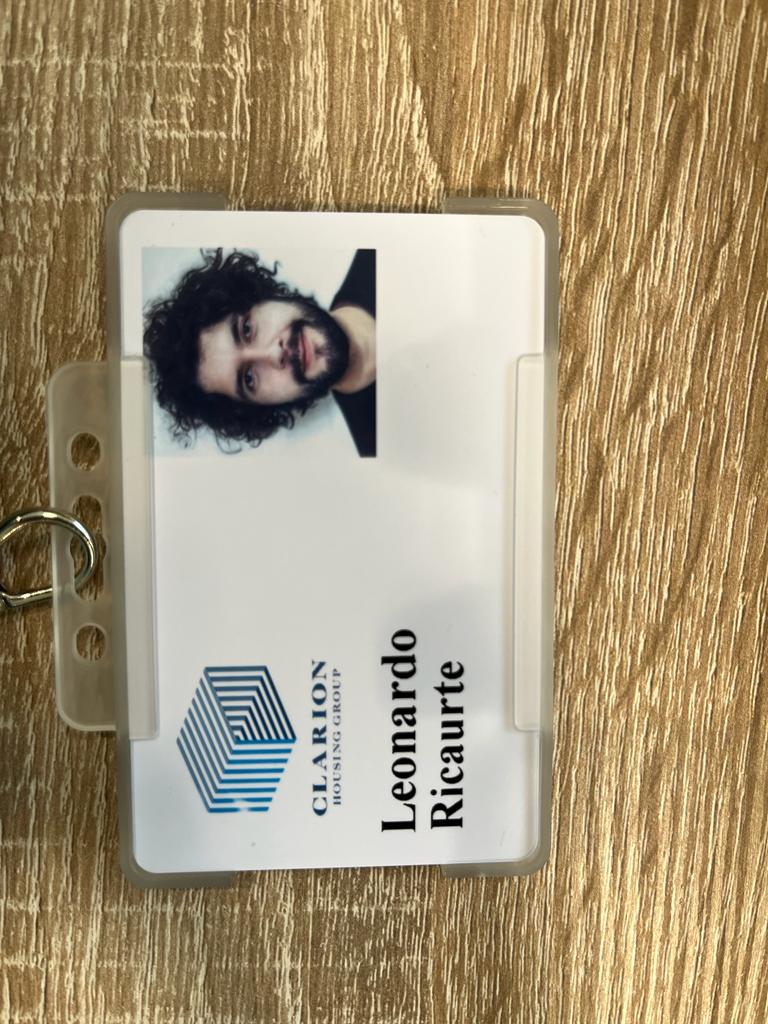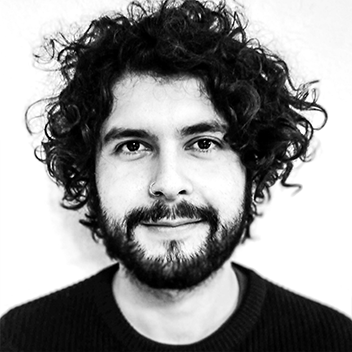Creating impact through transdisciplinary housing research
Posted on 17-05-2023
To hear about the impact on society that academia and research are bringing about is becoming commonplace in discussions held by researchers in school meetings and doctoral conferences. The sector is evolving rapidly and donors increasingly want to see tangible evidence of the results and outcomes achieved by the projects they fund. It can be argued that this can bring undeniable pitfalls. This can inadvertently put pressure on universities to work, produce and compete in a field that increasingly resembles one of companies dominated by strict or rather unforgiving quantitative metrics presented on a spreadsheet in an annual report. The reality is that when researching complex societal issues, articulating the impact we create is almost as important as finding the perfect research question or formulating the best five-minute elevator pitch to explain what your contribution to knowledge is.
Providing affordable and sustainable housing in Europe is a research endeavour that requires a kaleidoscope of lenses working together in unison. This network intends to do so, and the secondments are the vehicle that links the lecture hall with the field, the idea with the end product, and the research question with the answer. We could argue that, in this context, they play a pivotal role in creating an impact on society.
My secondment in Clarion Housing, the largest provider of social housing in the UK with more than 125,000 homes across the country, began four months ago with a determined aim: to leverage the access granted to expertise, secondary data and, perhaps most valuable to my research, to the inhabitants of the housing estates. My project aims to interrogate the impact of housing design decisions on people's quality of life in the form of social value. As many researchers can attest, accessing and recruiting research participants can pose a colossal challenge to surmount to keep pace with the research plan.
Housing associations hold a privileged middle-ground position between tenants and local authorities. By definition, they have an abiding commitment to their beneficiaries as long-term stewards of the homes. Their social function should characterise and define the operation and management of the existing stock as well as the provision of new developments. This role enables housing associations to have a profound impact on people's lives, not only on those they serve directly, but also on the functioning of the wider community in which they operate. In this context, the degree of engagement with housing practice and the contribution that the research project can gain from the collaboration with Clarion can never be equated with research conducted within the strict confines of a mono-disciplinary enquiry.
Several practitioners at Clarion and partner organisations were interviewed about their approach to creating social value and the methods they use to measure and assess their impact on communities. At the same time, participant observation and interviews were conducted with the inhabitants of the estates to triangulate and obtain a comprehensive picture from the top-down and bottom-up. All of this has a particular interest in the long-term impacts of regeneration and development and the intangible outcomes associated with residents' well-being. But it is not just researchers who benefit from collaborating with industry partners. The position of a research secondee allows you to have something that sometimes becomes scarce in 'real-world' practice -time. Time to analyse, time to problematise and time to construe.
A researcher's inquisitive lens can help mentors see things from a different angle. Often practitioners' embeddedness in the real world prevents them from seeing the obvious, and sometimes the obvious is also the hardest thing to prove. Both the mentor and the mentee need to display a range of transferable skills to navigate changing contexts and engage in meaningful discussions with the variety of stakeholders involved. This is where the knowledge transfer takes place. These experiences are the bottom line of transdisciplinary housing research projects such as RE-DWELL, where it is first crucial to develop a comprehensive and shared appreciation of the problem at hand in order to come up with actionable innovative solutions. This is often referred to as the development of common ground between investigators, a must-have for the co-production of knowledge.
These reflections stem from the experience of conducting research in such a context and underpinned the course of the investigation while on my secondment at Clarion. The support of Dr Elanor Warwick has been fundamental to navigating this new scenario. Her extensive experience in deconstructing the boundaries between practice and academia, and the fact that she has been very much involved in the evolution of my PhD helped to make my time with the organisation highly productive. Broadening my understanding of the practical aspects of research in industry and the intrinsic constraints and demands of the sector.
Currently, data collection is still in progress. The journey has been bumpy and is likely to continue to be so. This is part of the contingent nature of fieldwork. As some experienced community consultation researchers within the RE-DWELL network avow, delving into the confines of people's lives and experiences is an undertaking that requires tact and dexterity, rightly conferred by experience and perseverance. In the meantime, I will wear a pair of field boots of stubbornness and determination and continue to try to uncover the lived experience of life in between the buildings.


